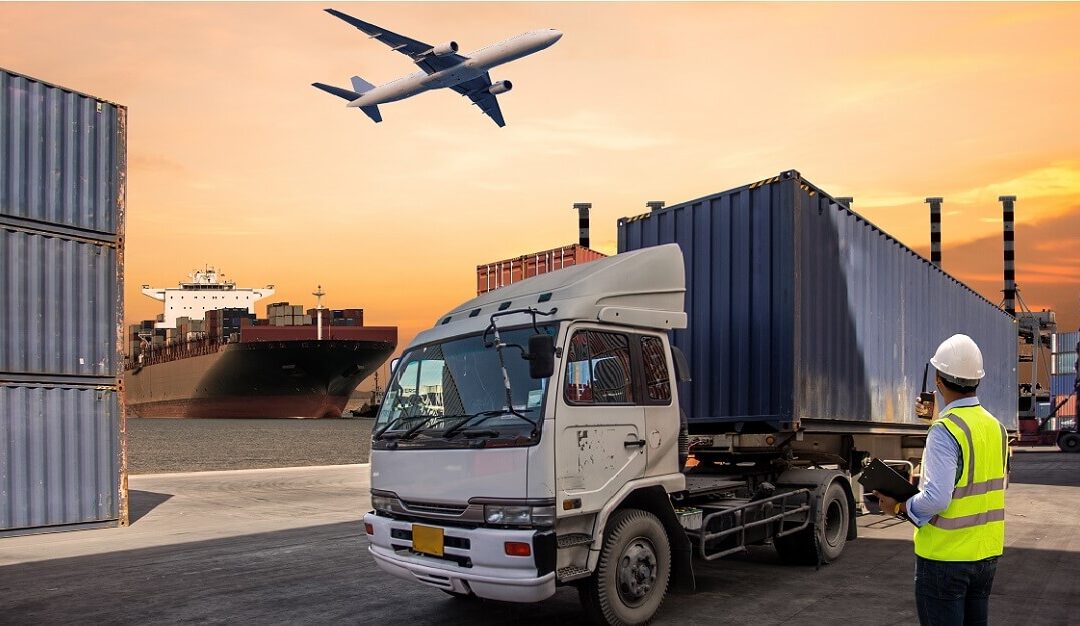In the rapidly evolving landscape of global trade and commerce, logistics companies play a crucial role in ensuring the smooth movement of goods across international borders. As businesses expand their operations to reach diverse markets worldwide, logistics providers face the challenge of balancing standardized efficiency with localized and personalized solutions.
This blog explores how logistics companies tackle this delicate balance to meet the unique demands of each market while maintaining a global presence.
Understanding Diverse Market Needs
This first step in catering to diverse international markets is gaining a deep understanding of the unique needs and preferences of each region. Logistics companies invest in extensive market research and analysis to identify local trends, cultural nuances, and regulatory requirements. By understanding these factors, they can tailor their services to provide a seamless experience for customers in each market.
Customizing Logistics Solutions
To ensure optimal efficiency, logistics companies employ advanced technologies and data analytics to customize their services for different markets. They assess various factors, including transportation modes, local infrastructure, inventory management, and delivery timeframes, to design logistics solutions that are both cost-effective and operationally efficient.
Building Local Partnerships
Collaboration with local partners is a key strategy for logistics companies to effectively serve diverse markets. Establishing partnerships with reliable local carriers, warehouses, and distribution networks allows these companies to tap into local expertise and resources, providing a competitive edge in serving customers on the ground.
Multilingual Communication and Support
To offer personalized logistics solutions, effective communication is vital. Logistics companies invest in multilingual customer support teams that can assist clients in their native languages. Clear and efficient communications foster trust and enhance customer satisfaction, leading to lasting relationships in diverse markets.
Adhering to Regulatory Compliance
Navigating complex international regulations is essential for logistics companies to operate seamlessly in different markets. By staying updated with local laws and customs requirements, logistics providers can prevent delays and avoid potential pitfalls when shipping goods across borders.
Leveraging Technology for Flexibility
Logistics companies employ advanced logistics management systems and automation tools to respond swiftly to changing market demands. This flexibility enables them to adjust their strategies and optimize operations as required by each unique market.
Sustainable Practices
Sustainability is increasingly becoming a priority for both businesses and consumers. Logistics companies are incorporating eco-friendly practices into their operations to reduce their environmental impact. This includes using alternative fuels, optimizing routes, and implementing recycling and waste reduction initiatives. Such environmentally conscious efforts not only resonate with consumers but also align with local sustainability goals in various markets.
Conclusion
As global trade continues to expand, logistics companies face the intricate task of catering to diverse international markets while providing localized and personalized solutions.
By understanding the unique needs of each market, customizing logistics services, building local partnerships, adopting technology-driven flexibility, and adhering to regulatory compliance, logistics providers can effectively strike the delicate balance between global efficiency and local relevance.
Embracing sustainability practices further enhances their reputation and enables them to be at the forefront of an ever-changing logistics landscape. As logistics companies continue to evolve and innovate, businesses worldwide can confidently rely on their services to navigate the complexities of international trade and achieve success in diverse markets.


Recent Comments